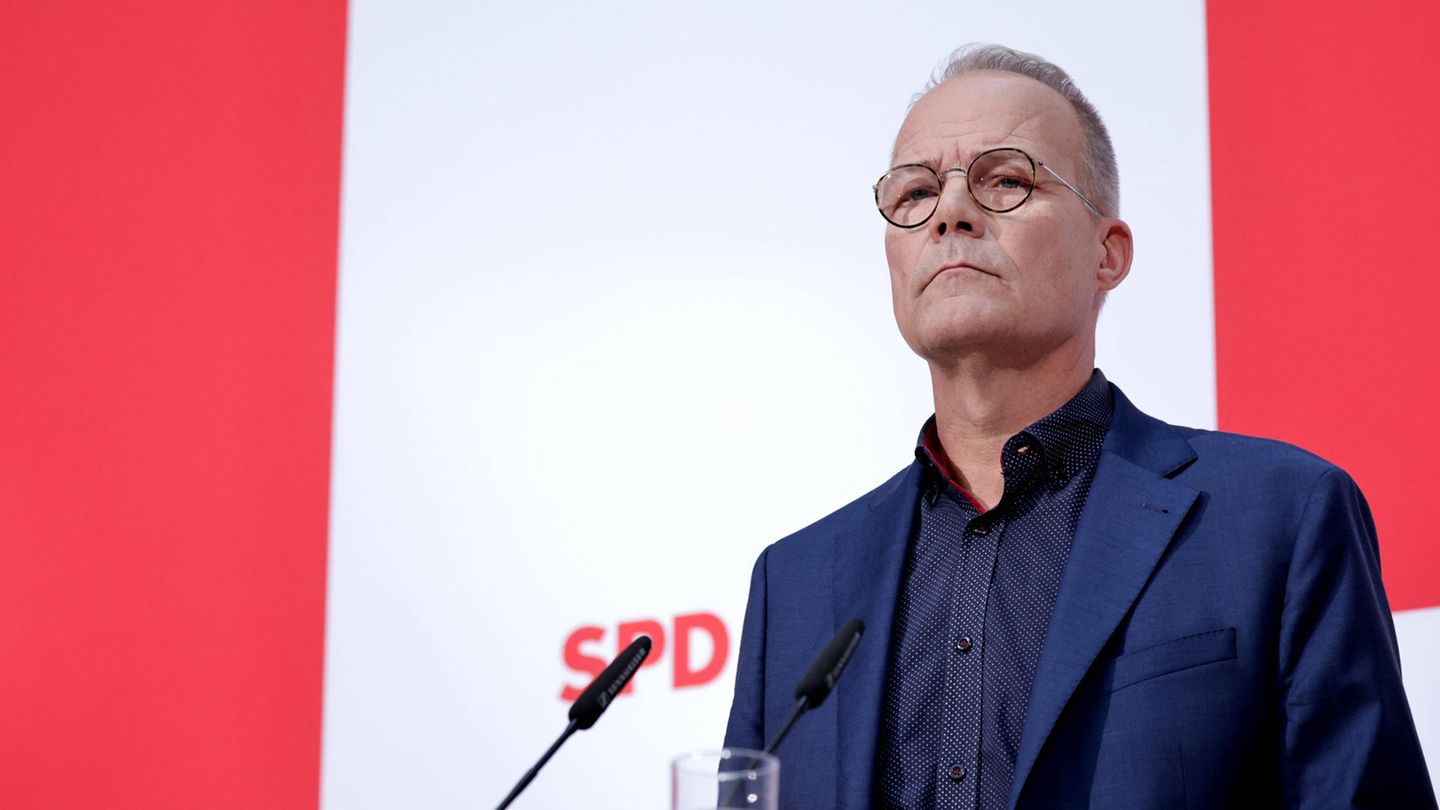I have been working in the news industry for over 6 years, first as a reporter and now as an editor. I have covered politics extensively, and my work has appeared in major newspapers and online news outlets around the world. In addition to my writing, I also contribute regularly to 24 Hours World.
Menu
SPD: Matthias Miersch takes on the toughest job in politics
Categories
Most Read
Bundeswehr: Coalition agreement on military service collapsed
October 14, 2025
No Comments
Pro-Russian cyber attack: Hackers attack public procurement portal
October 14, 2025
No Comments
Protests in Madagascar: Military takes power in Madagascar
October 14, 2025
No Comments
Revolt against pension reform: The Union MPs must be brave!
October 14, 2025
No Comments
Hamas hostages: What happened to the women from Israel
October 14, 2025
No Comments
Latest Posts

The day Maradona played a match for two different teams: the footballer’s fleeting return to Boca
October 14, 2025
No Comments
October 14, 2025 – 17:30 Pelusa managed to captivate everyone in football and even surprised by playing for two different teams in the same game.

In Ried you can now rent storage space ranging from one to twelve square meters
October 14, 2025
No Comments
Small opening ceremony yesterday with Christoph Wiesner (district manager of the Ried Chamber of Commerce), Stefan Majer (Bauchinger company), Ried’s mayor Bernhard Zwielehner and the

Opposition victory in Cameroon election?
October 14, 2025
No Comments
Opposition candidate Issa Tchiroma Bakary (79) declared himself the winner. Long-time president Paul Bija (92, left) with his wife Chantal The 79-year-old announced on Tuesday:
24 Hours Worlds is a comprehensive source of instant world current affairs, offering up-to-the-minute coverage of breaking news and events from around the globe. With a team of experienced journalists and experts on hand 24/7.

